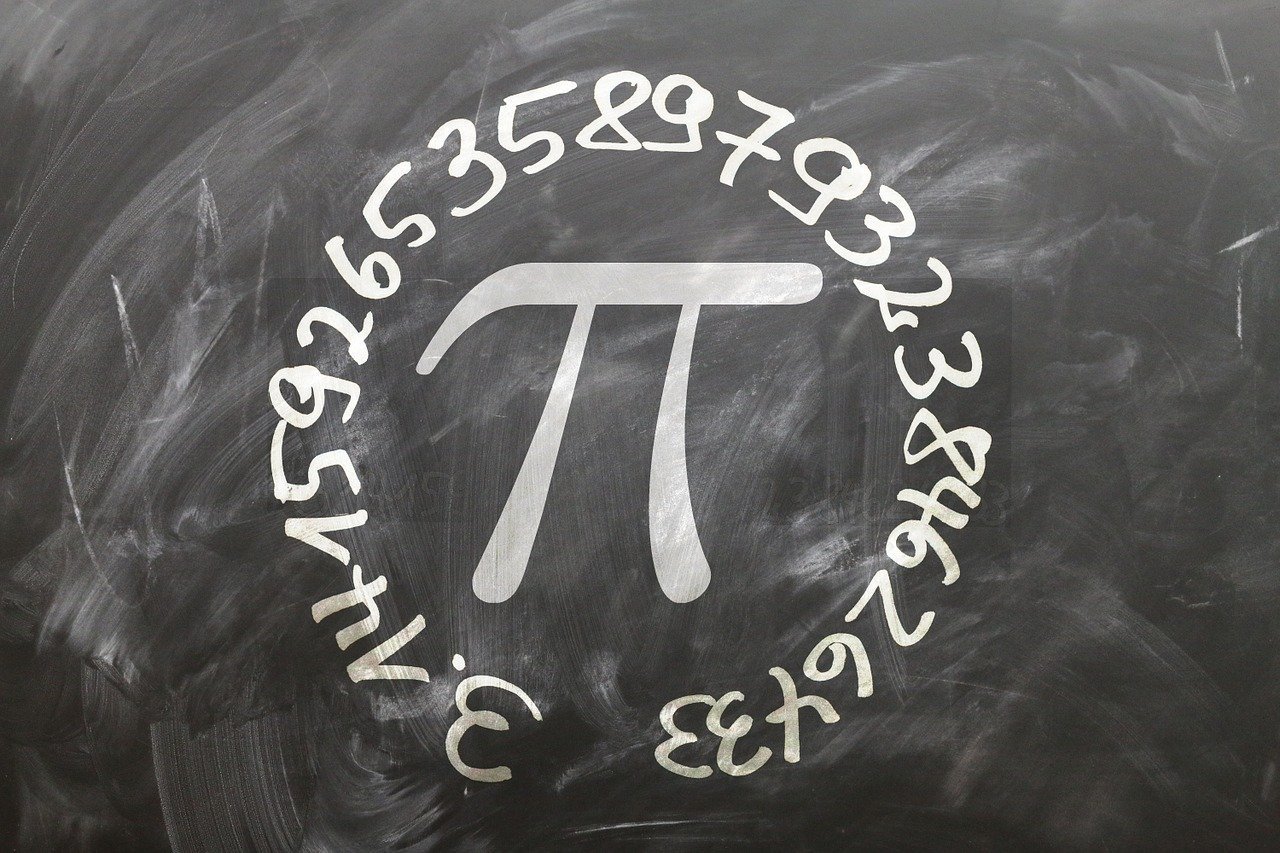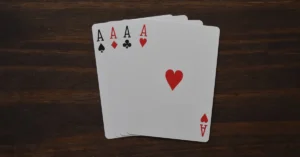Understanding Solitaire: The Classic Card Game

Solitaire has captivated players for centuries, serving as a timeless pastime that combines strategy, skill, and a touch of luck. At its core, Solitaire is a single-player card game that involves the arrangement of cards in a particular way to achieve a win. While many people associate Solitaire with the classic Klondike variant, there are numerous other versions that offer different challenges and experiences.
The beauty of Solitaire lies in its simplicity and accessibility. All you need is a standard deck of 52 cards, and you can play almost anywhere, from a quiet room to a bustling café. The objective is straightforward: move all cards to foundation piles in ascending order. However, the path to achieving this goal can be complex, requiring players to think critically and make strategic decisions at each turn.
As we delve deeper into the world of Solitaire, we’ll explore its various forms, the mathematical principles involved, and whether every game can actually be won. This exploration will not only enhance our appreciation of the game but also improve our skills and strategies as we play.
Types of Solitaire Games and Their Win Rates
There are numerous variations of Solitaire, each with its distinct rules and win rates. Understanding these differences can profoundly impact your gameplay and expectations. Below are some popular Solitaire variants along with their respective win rates:
- Klondike: The classic version that most people know. Its win rate varies significantly based on the rules:
- Draw 1: Approximately 80% win rate for skilled players.
- Draw 3: Generally, a 30% win rate unless played with optimal strategies.
- Spider: Involves creating complete sequences of cards in descending order. The win rate is about 50% for seasoned players, but can be lower for novices due to the complexity of the game.
- FreeCell: This variation allows for more strategic moves due to the open cells. The win rate is remarkably high, often cited as nearly 100% with optimal play, making it a favorite among strategic thinkers.
- Yukon: Players can move groups of cards, which adds a layer of strategy. However, the win rate can be unpredictable, ranging from 25% to 60%.
By understanding these variations, players can choose the type of Solitaire that best suits their preferences and skill levels. Analyzing win rates helps in setting realistic goals and enhancing the overall gaming experience.
The Mathematics of Solitaire: Probability and Statistics
At its heart, Solitaire is a game of chance and skill, heavily influenced by mathematical principles. Probability plays a crucial role in determining the likelihood of certain outcomes as players maneuver through the game. For instance, the arrangement of cards in the deck and the choices players make significantly affect the game’s dynamics.
One way to analyze Solitaire mathematically is by considering the total number of possible arrangements of a 52-card deck. The factorial of 52 (52!) gives us an astronomical number of possible combinations, which highlights the complexity and unpredictability of the game. This vast array of combinations underlines why luck is a significant factor in winning or losing.
Additionally, statistics can provide insights into optimal strategies. By examining the outcomes of various moves, players can identify which actions yield the highest probability of success. For example, studies have shown that uncovering face-down cards early in the game often leads to better outcomes. Understanding these statistical principles allows us to make more informed decisions as we play.
Factors Affecting Solitaire Game Outcomes
Several factors can influence the outcome of a Solitaire game, ranging from the initial card arrangement to a player’s decision-making skills. Below are some key elements that affect game outcomes:
- Initial Setup: The way cards are dealt at the beginning significantly impacts the game. Certain arrangements may be unwinnable from the start, emphasizing the importance of understanding the initial layout.
- Player Strategy: A player’s approach to the game determines their chances of success. Strategic thinking, such as prioritizing the uncovering of face-down cards or considering potential future moves, can vastly improve outcomes.
- Luck: While skill plays a crucial role, chance still holds sway in Solitaire. Unfavorable card draws can thwart even the best strategies, reminding us that no game is entirely predictable.
By recognizing these factors, players can develop a more nuanced understanding of their gameplay and adjust their strategies accordingly. It’s essential to balance skill and strategy with the inherent unpredictability of card games.
Analyzing Klondike Solitaire: The Most Popular Variant
Klondike Solitaire stands as the most recognized version of the game, often serving as the benchmark for Solitaire enthusiasts. Its widespread appeal can be attributed to its simple rules coupled with the challenge it presents. However, the nuances of Klondike can be more complex than they seem.
In Klondike, players must move cards from tableau columns to foundation piles while adhering to specific rules. The strategic placement of cards and the order in which they are played can dictate the game’s outcome. For example, prioritizing the movement of cards that allow for the uncovering of face-down cards often leads to more favorable results.
Moreover, the game offers a unique blend of skill and chance. While players can employ strategies to increase their win rates, the final outcome often depends on the cards drawn. This duality is what makes Klondike Solitaire both challenging and enjoyable, as it keeps players engaged and motivated to improve.
To enhance our understanding of Klondike, it’s helpful to analyze common strategies employed by experienced players. These can range from managing tableau space effectively to understanding when to draw cards from the stockpile. Each of these strategies plays a role in maximizing winning chances.
Computer Simulations and Solitaire Win Rates
In recent years, computer simulations have provided valuable insights into the world of Solitaire by analyzing win rates across different variants and strategies. These simulations allow for extensive testing of various scenarios, revealing patterns that would be impossible to discern through manual play alone.
One significant outcome from computer simulations is the identification of unwinnable scenarios. For instance, certain card arrangements in Klondike have been proven to be unwinnable, regardless of the player’s skill. This revelation has shifted how some players approach the game, highlighting the need for adaptability and awareness of potential limitations.
Additionally, simulations have identified optimal strategies that can increase win rates across different variants. By analyzing how changes in gameplay affect outcomes, players can refine their approaches and maximize their chances of success. This data-driven approach to Solitaire not only enhances individual gameplay but also contributes to the broader understanding of the game.
As technology continues to advance, the insights gained from these simulations will likely shape how future players approach Solitaire. Understanding the mathematical underpinnings of the game can lead to deeper engagement and more satisfying victories.
Strategies to Improve Your Chances of Winning Solitaire
Improving your chances of winning at Solitaire requires a combination of strategic thinking and awareness of the game’s rules. Below are some effective strategies that I’ve found helpful in enhancing my gameplay:
- Prioritize Uncovering Face-Down Cards: The sooner you can reveal face-down cards, the better your options become. Focus on moves that allow you to uncover these cards quickly, as they may open up new possibilities.
- Manage Your Stock: Be mindful of how you draw cards from the stockpile. Try to avoid situations where you’re forced to draw from the stockpile without a clear strategy in mind. Instead, look for opportunities where drawing a card can provide immediate benefits.
- Think Several Moves Ahead: Just like in chess, considering future moves is crucial in Solitaire. Take a moment to evaluate the potential outcomes of your current move and how it may impact your options in subsequent turns.
- Use the Undo Button Wisely: If you’re playing digitally, make use of the undo feature to explore different strategies and learn from your mistakes. This practice can help you discover new approaches and improve your overall gameplay.
By implementing these strategies, you can significantly enhance your chances of winning in Solitaire. Each game presents new challenges, and adapting your approach can lead to more successful outcomes.
Unwinnable Solitaire Scenarios: When Victory is Impossible
Despite the allure of Solitaire, it’s essential to recognize that not every game can be won. There are specific scenarios, particularly in the Klondike variant, where victory is mathematically impossible. Understanding these unwinnable situations can help set realistic expectations and promote a healthier attitude toward the game.
For instance, certain card arrangements can lead to dead ends, where no further moves can be made. These situations can occur due to the initial setup or specific moves that block future possibilities. Recognizing when you’ve entered an unwinnable state is crucial for maintaining your morale and enjoyment of the game.
Moreover, some players may experience frustration when faced with unwinnable scenarios. It’s vital to remember that luck and chance play significant roles in Solitaire, and not every game will end in victory. Instead of dwelling on defeats, I encourage players to view these experiences as opportunities for growth and learning.
By acknowledging the existence of unwinnable scenarios, we can approach each game with a balanced mindset, focusing on improvement and enjoyment rather than solely on winning.
The Role of Skill vs. Luck in Solitaire Games
As we navigate the intricacies of Solitaire, one question often arises: how much of the game is skill, and how much is luck? This debate is central to understanding the dynamics of card games and can influence how we approach our gameplay.
While skill is undoubtedly essential in Solitaire, particularly in terms of strategy and decision-making, luck also plays a significant role. The initial arrangement of cards and the subsequent draws can dramatically alter a player’s chances of winning. This blend of skill and chance creates a unique tension that keeps players engaged.
Moreover, skilled players often find ways to mitigate the effects of luck through strategic thinking. By employing optimal strategies and making informed decisions, we can increase our odds of success, even when faced with unfavorable card draws. This interplay between skill and luck is what makes Solitaire both challenging and rewarding.
Recognizing the balance between these two elements allows us to approach the game with greater perspective. We can celebrate our victories while acknowledging the role that chance plays in our defeats, fostering a positive and resilient mindset.
Conclusion: Can Every Solitaire Game Be Won?
As we’ve explored throughout this article, the question of whether every Solitaire game can be won is complex and multifaceted. While many games can be played optimally to ensure a victory, there are scenarios where unwinnable outcomes exist, particularly in certain variants like Klondike.
Understanding the mathematical principles, strategies, and factors that influence game outcomes can significantly enhance our gameplay experience. By recognizing the interplay between skill and luck, we can approach each game with a balanced mindset, focusing on improvement and enjoyment rather than solely on winning.
Ultimately, while not every Solitaire game may end in victory, the journey of playing—developing skills, exploring strategies, and navigating challenges—offers its own rewards. So, the next time you sit down for a game of Solitaire, remember to enjoy the process, learn from each experience, and embrace both the victories and the defeats.
If you found this exploration of Solitaire intriguing and wish to dive deeper into game strategies or mathematical principles, feel free to share your thoughts or ask questions. Let’s continue the conversation about this captivating card game together!
Call to Action
If you enjoyed this article and want to improve your Solitaire skills further, consider subscribing to our newsletter for more tips, strategies, and insights into the world of card games. Join a community of passionate players and elevate your gaming experience!






